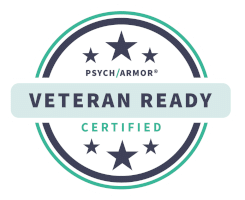Home | Treatment | How We Treat | Cognitive Behavioral Therapy (CBT)
how we treat
Cognitive Behavioral Therapy
Cognitive behavioral therapy is an evidence-based talk therapy that addresses pervasive negative thought patterns and beliefs.
Cognitive behavioral therapy at Pasadena Villa
What is CBT?
CBT is an evidence-based treatment designed to alter damaging negative thought patterns individuals may have about themselves. These can include harmful self-talk like “no one loves me” and “I’m not good enough,” as well as an intense fear of abandonment or being constantly judged. CBT can modify these thoughts by examining how thoughts, emotions, and actions relate to each other and how they affect behavior.
Healing through CBT
Destructive and irrational belief systems often lead to unhealthy coping mechanisms. We help clients identify and challenge these negative thought patterns through CBT, improving their coping skills and reducing self-destructive behaviors.
How does CBT work?
CBT is based on the idea that situations do not cause distress, but the meaning individuals assign to them. Negative thoughts often feel authentic, even if they’re based on perception. CBT helps clients identify and challenge these thought patterns, teaching them to pause and evaluate automatic negative thoughts. It ultimately corrects distorted beliefs for healthier thinking.
Pasadena Villa
Our Levels of Care
From residential treatment to partial hospitalization and intensive outpatient programs, our comprehensive continuum of care meets individuals at every stage of their recovery journey.
Take the first step toward recovery.
Our admissions experts are here to answer your questions and help you begin the process.
Explore our locations or fill out our contact form today.
Your privacy is our priority. All communication is completely confidential.




